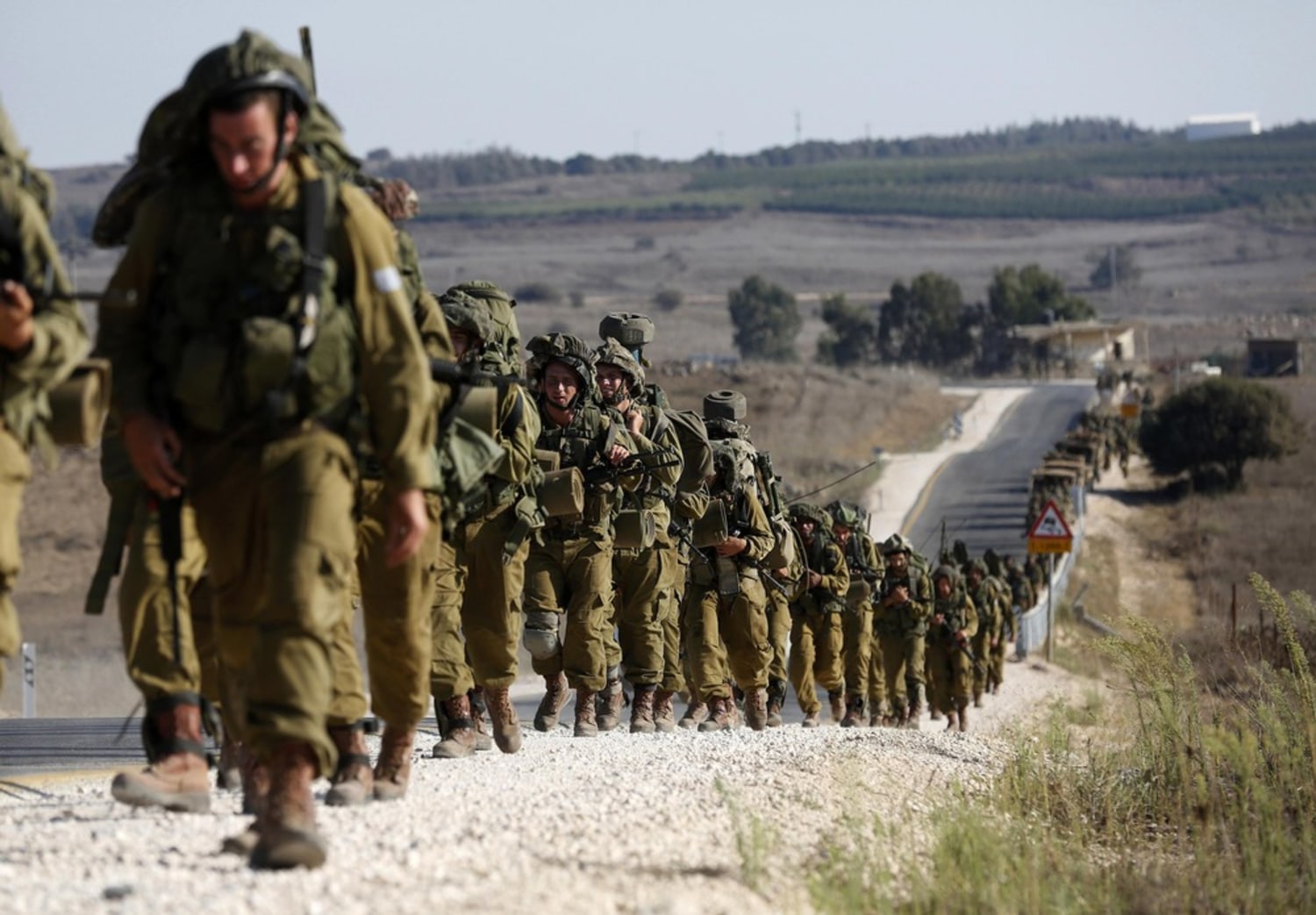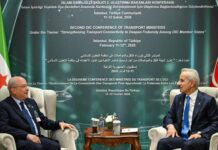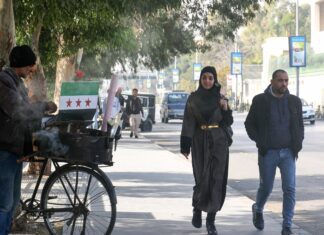
The swift progress of Syria’s revolutionary forces has prompted urgent international responses, with Western powers and Israel voicing alarm over regional stability and the potential collapse of Assad’s regime.
EU officials have reaffirmed their commitment to a political solution in Syria, emphasizing the importance of adhering to UN Resolution 2254. Michael Ohnmacht, the EU’s head of mission to Syria, reaffirmed the bloc’s opposition to foreign interference and called for conditions that ensure the safe return of refugees. “The Syrian crisis cannot be resolved militarily,” Ohnmacht said in a televised interview.
The US echoed this sentiment, with Secretary of State Antony Blinken indicating the role of Assad’s own intransigence in fueling the current escalation. “This is the greatest challenge Assad has faced in a decade,” Blinken remarked.
Despite denying involvement in the revolutionary offensive, the US reaffirmed its commitment to combating ISIS and protecting its regional allies. Former US envoy James Jeffrey warned that he does not believe Russia would allow Assad’s regime to collapse but noted that Moscow’s limited ground capabilities complicate its ability to respond decisively.
In Israel, intelligence officials have expressed surprise at the rapid collapse of Assad’s defense lines, describing the fall of Damascus as a realistic possibility. Prime Minister Benjamin Netanyahu convened urgent security consultations to address potential scenarios, including the risk of advanced weapons falling into the hands of revolutionary forces or increased Iranian influence in Syria.
Israeli media reported discussions about establishing a buffer zone in southwestern Syria to protect Israeli borders. “The opposition’s advance creates a series of threats, from missile proliferation to the potential use of chemical weapons,” the newspaper Maariv warned.
Turkey, a key player in the Syrian conflict, has positioned itself as a mediator while expressing cautious optimism about revolutionary gains. Turkish President Erdogan commented on events today saying, “Idlib, Hama, Homs, and of course, the ultimate target is Damascus. The opposition’s march continues.”
“Our hope,” he continued, “is that this march in Syria proceeds without any accidents or troubles.”
Erdogan mentioned his country’s efforts at finding a political solution and sitting with Assad but noted that Turkey’s offers were not accepted.
As revolutionary forces close in on Homs and Damascus, international actors grapple with the implications of a potential post-Assad Syria. With alliances shifting and regional tensions rising, the future of Syria remains uncertain, but one thing is clear: the era of Assad’s uncontested dominance is drawing to a close.








